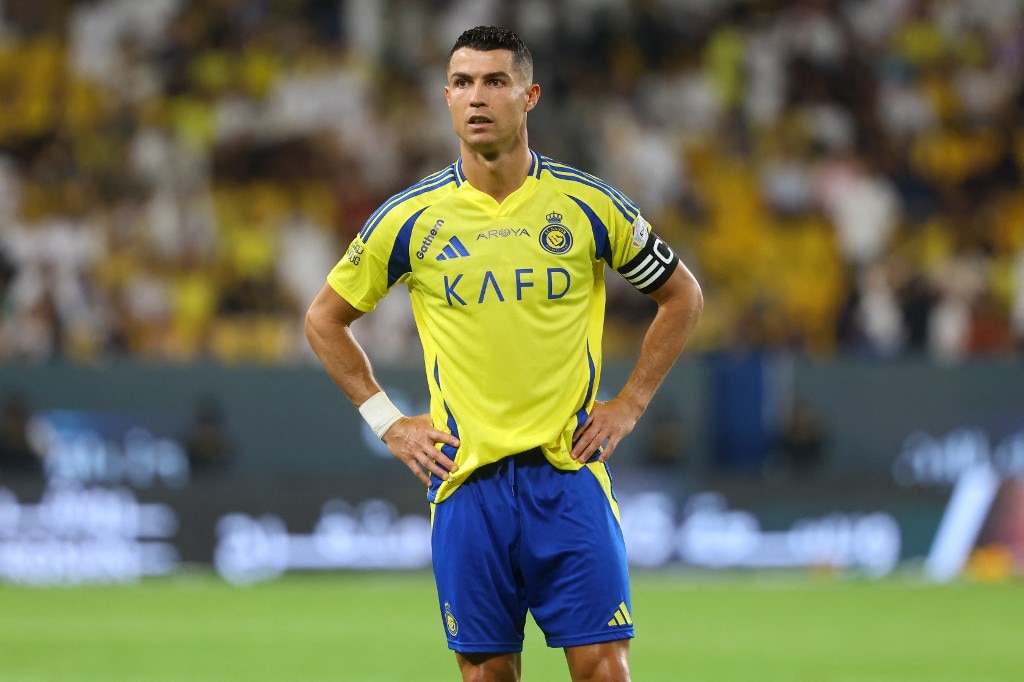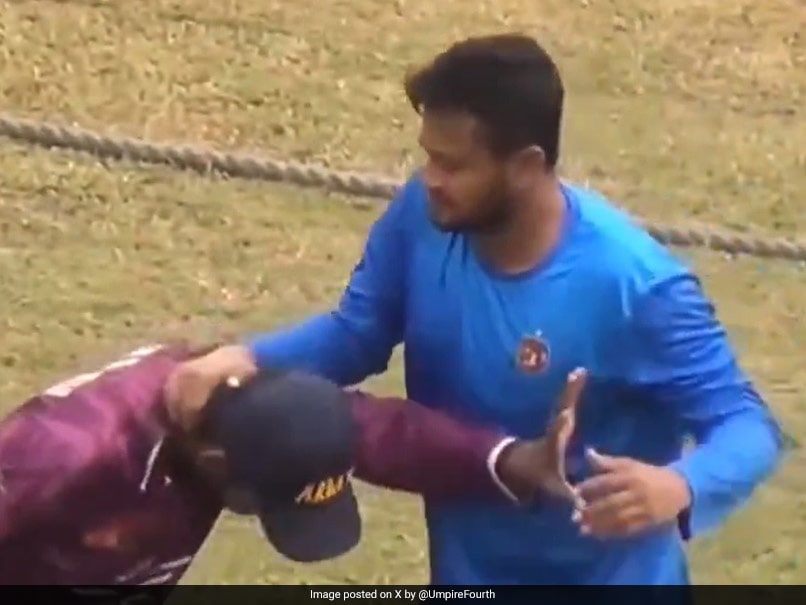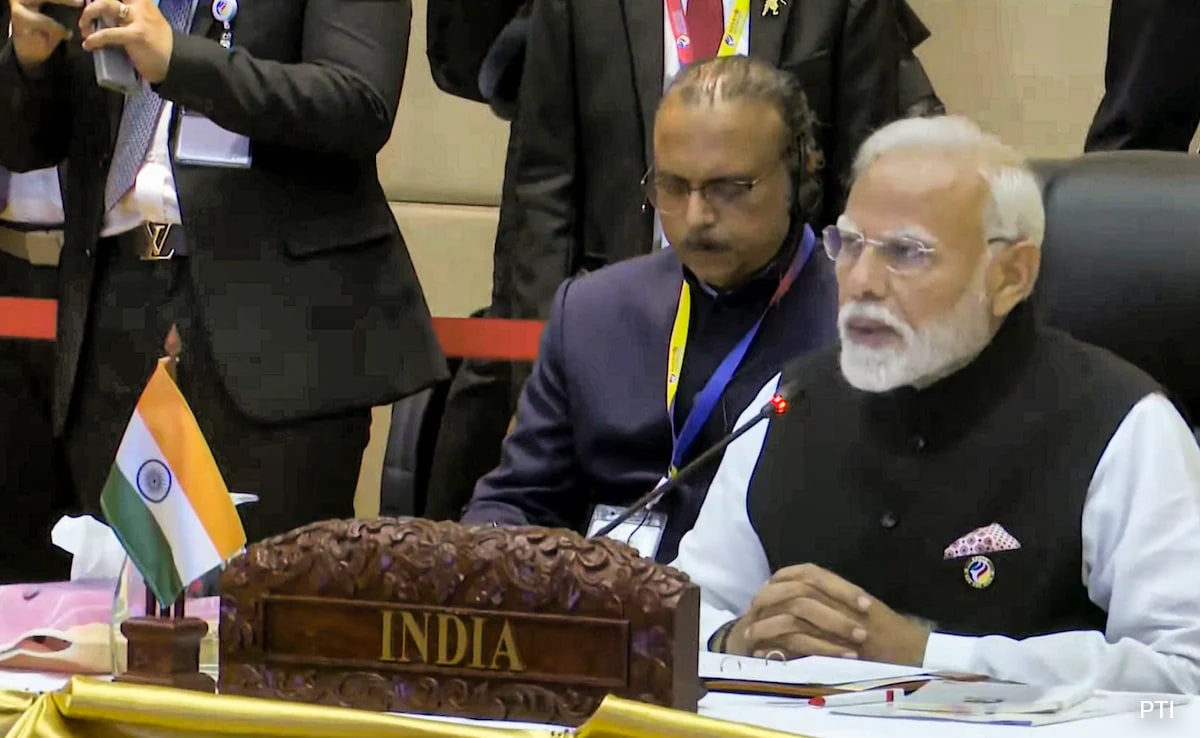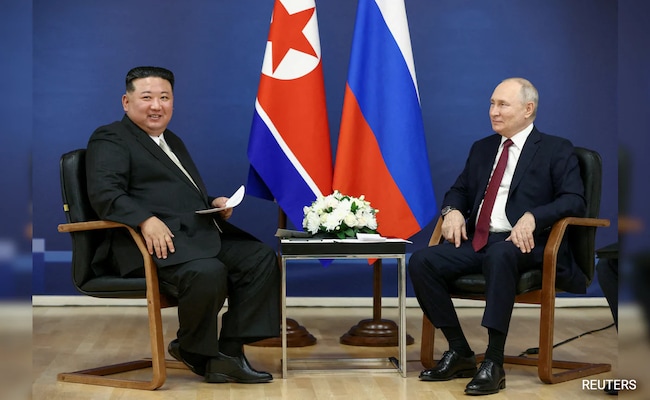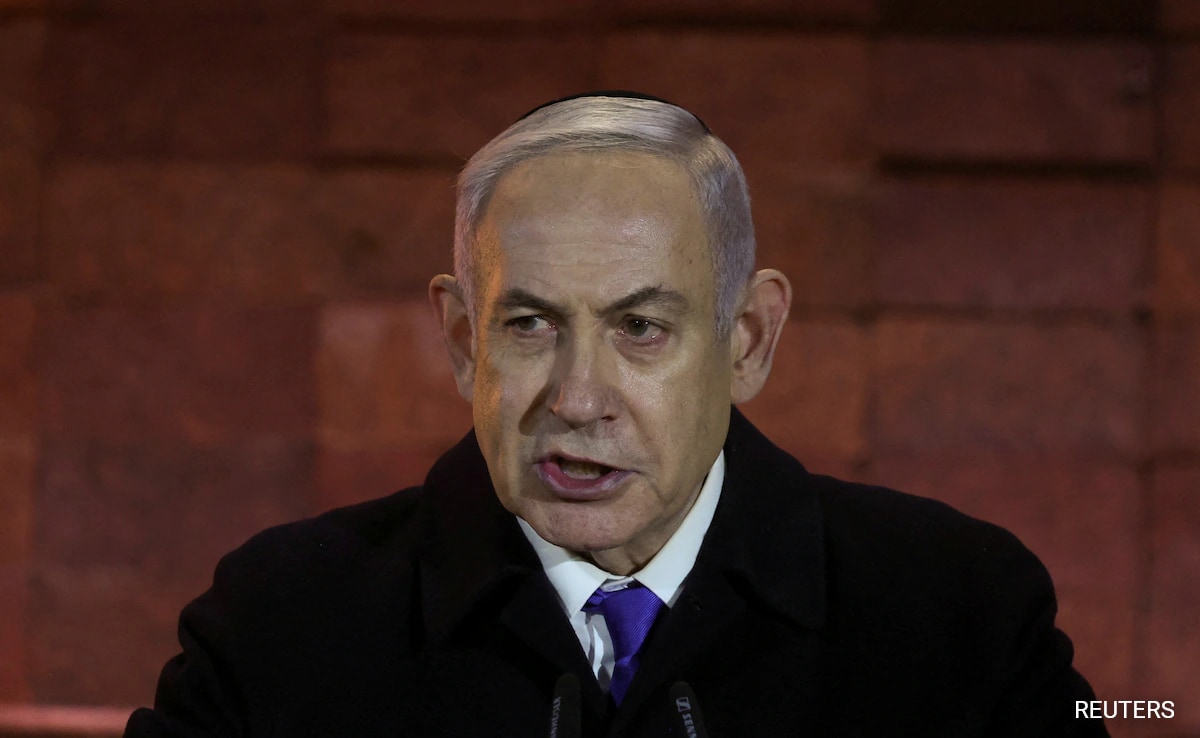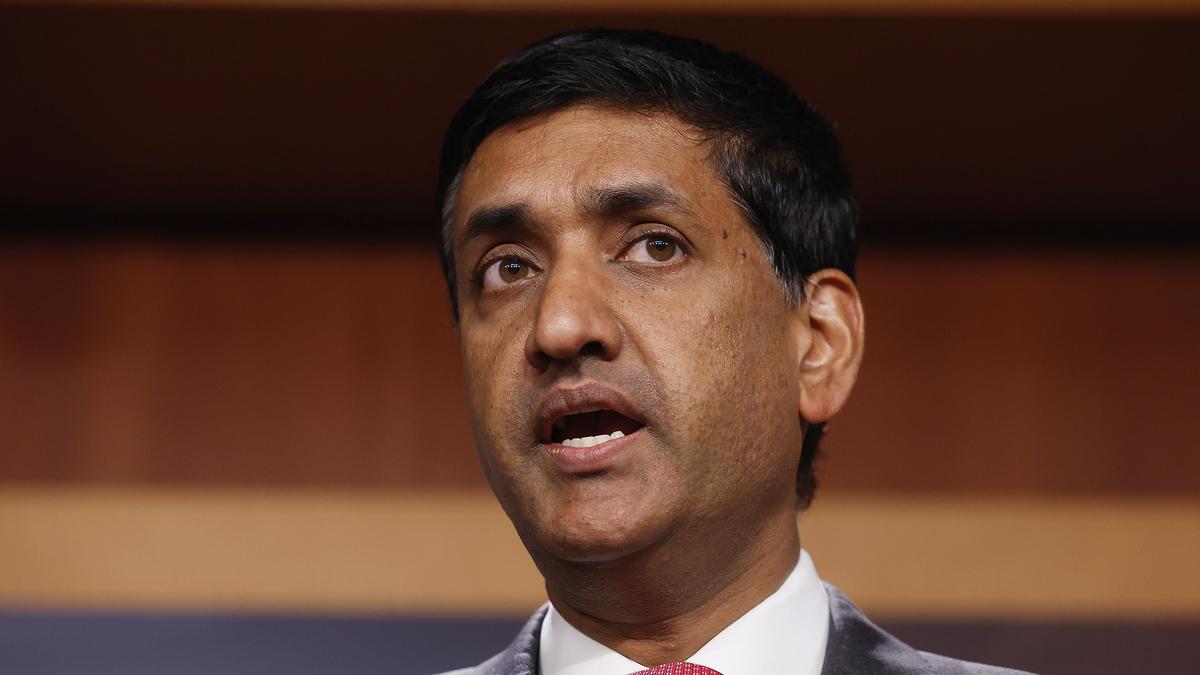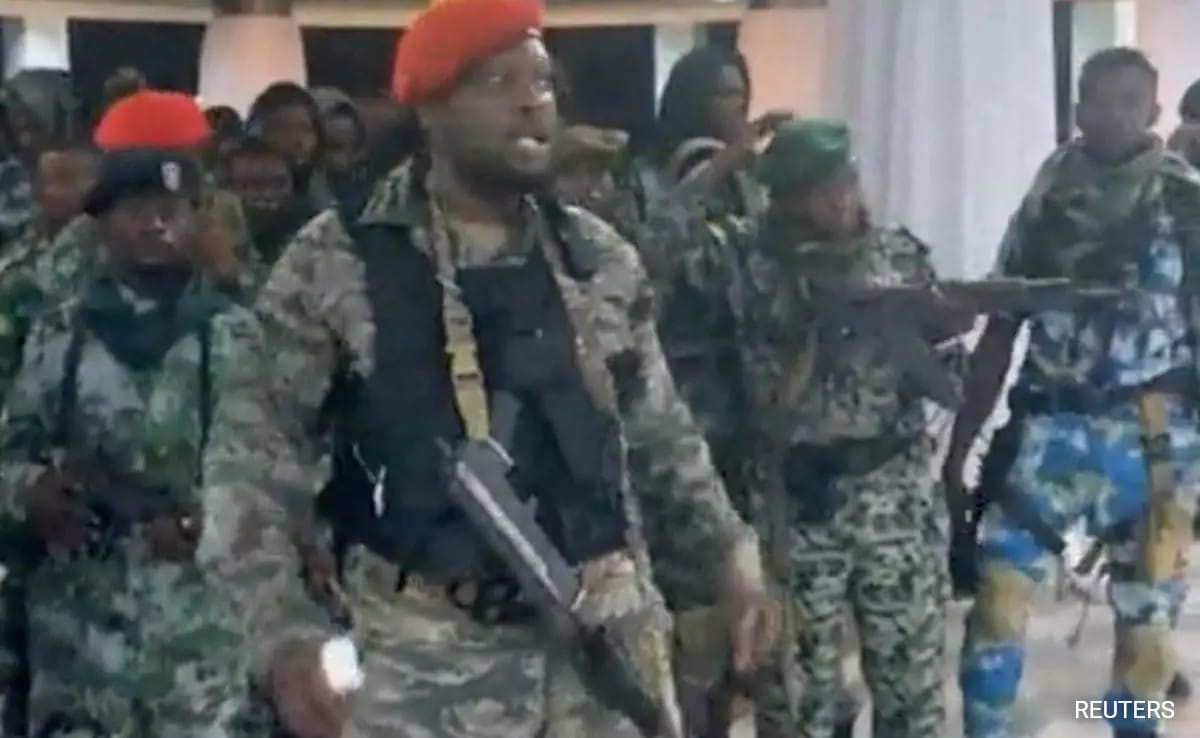With the Israeli invasion and the fight between Hezbollah and Israeli Defence Forces, the people of Lebanon are facing a situation that they have not witnessed since the end of the 1975-1990 civil war. Apart from its diverse population, Lebanon is also home to a large Palestinian refugee group – all of whom are currently facing the brunt of the conflict. Ambassador Rabie Narsh shares Lebanon’s point of view in this written Q&A.
What is the humanitarian situation in Lebanon in the backdrop of the invasion by Israel?
Lebanon is currently facing a brutal war waged by Israel, which has deployed a range of advanced and devastating weapons. These include massive bombs weighing 2,000 pounds each, as well as internationally banned munitions such as white phosphorus. The toll has been catastrophic, with over 2,100 civilians killed, more than 11,000 injured, and approximately 1.2 million people displaced. The scale of destruction and suffering is immense, resulting in a severe humanitarian crisis across the country.
What is the status of the Indians in Lebanon – are the Indian workers and professionals safe or facing the threat of war?
There are about 3500 Indian nationals currently residing in Lebanon. They are our dear guests, and their safety is as much a priority as that of the families and establishments they work with.
What is the scale of the Israeli invasion in Lebanon – what are the various place that are affected in the assault – please name the places if you know and explain the condition that people are facing there.
The scale of the Israeli terrorist aggression is shocking and drastically increasing. The most targeted areas are southern Lebanon, southern suburb of Beirut and Bekaa. On the humanitarian side, the Lebanese government, with the help of international organisations and NGOs,
What are the options before Lebanon in the given context of the war between Israel and Hezbollah?
Lebanon’s options in the current context of war are largely tied to the international community and the role of global institutions. The United Nations remains a critical avenue for Lebanon, as international legitimacy is its greatest shield.
A perfect example of the UN’s limitations is Israel. This rogue state has consistently ignored dozens of resolutions issued by the UN and its various bodies. Israel acts as though it is above international law and defies the will of the global community. A prime example is its opposition to the two-state solution, which is supported by nearly every nation worldwide. Yet, Israel’s resistance to this solution is a key reason why a Palestinian state has yet to be established.
To be truly effective, the UN needs stronger enforcement mechanisms and greater unity among its member states.
French President Macron has called for an end of arms supply to Israel. In this context, what should be the responsibility of countries like India that have relation with Israel?
French President Macron’s call to end arms supplies to Israel is indeed a commendable step toward promoting peace and de-escalating the conflict. In this context, countries like India, which maintain strong relations with Israel, have an important role to play. India, known for its balanced diplomacy and commitment to peace, can use its influence to encourage warmonger Netanyahu to reconsider his aggressive policies and push for an immediate ceasefire. By advocating for a peaceful resolution, India would not only help prevent further devastation but also reinforce its position as a key player in global peacebuilding efforts.
It often appears as if Lebanon is a victim of war between Hezbollah and Israel. Is that so? Does Hezbollah fight for Lebanon according to you?
Hezbollah is a legitimate Lebanese political party with representation in the government, parliament, and administration. Within the framework of domestic politics, Hezbollah operates according to the established rules of Lebanon’s political system. However, it is also a resistance movement, born in 1982 in response to Israel’s invasion of Lebanon in that same year. Hezbollah emerged as a direct reaction to occupation; international law grants the right of any occupied people to resist their oppressors.
The claim that Israel is merely fighting Hizbollah and not the people of Lebanon is entirely misleading. This false distinction ignores the reality that, when it comes to resisting occupation, there is complete unity among our people. The entire nation stands behind the resistance, as all segments of society support efforts to defend our land and sovereignty against the aggressor. The struggle is not just about a group, but about the collective will of a people refusing to be subjugated.
In case India wishes to evacuate its citizens, would Lebanon be in a position to support such a movement?
We sincerely hope the situation does not escalate to that point. However, if an evacuation becomes necessary, Lebanon will certainly provide full support to facilitate the safe departure of Indian citizens. We remain committed to ensuring their well-being and will coordinate closely with the Indian authorities to make sure the process is as smooth and secure as possible.
Lebanon is known for its rich cultural treasures like mosques and churches. Are these facing threat because of Israel-Hezbollah bombing?
Yes, unfortunately, many mosques and even a church have been bombed and destroyed. Israel has shown no regard for ethical or legal boundaries and acts without fear of being held accountable for its crimes. These cultural and religious treasures, which are a vital part of Lebanon’s heritage, are under serious threat as a result of this relentless aggression.
What is Lebanon’s position on the war between Israel and Hamas? What should be done to deal with the crisis that is now a year old?
Our position is clear. We find ourselves in this devastating situation because Israel has not been held accountable for its continued encroachment upon its neighbors borders, occupation, war crimes, crimes against humanity, and repeated violations of international law since its creation by a UN resolution. Its persistent refusal to abide by UN resolutions, particularly those endorsing the two-state solution and recognizing the Palestinian people’s right to a sovereign state, has prolonged this conflict. As long as these injustices continue, the situation remains ripe for further escalation.
Have you had any official meeting with the Indian interlocutors so far on the situation in Lebanon and the Israel-Gaza war?
We are in direct and constant contact with our Indian friends. India, as a peace-loving nation with a strong global presence, is well-positioned to play a vital role in de-escalating the conflict. It maintains good relations with both Lebanon and Israel, making it a credible mediator. As a key player in international politics, India can use its influence to encourage Netanyahu to reconsider his aggressive unlawful policies and help bring an end to this senseless and destructive war, fostering a path toward peace and stability.
Published – October 08, 2024 06:09 pm IST




